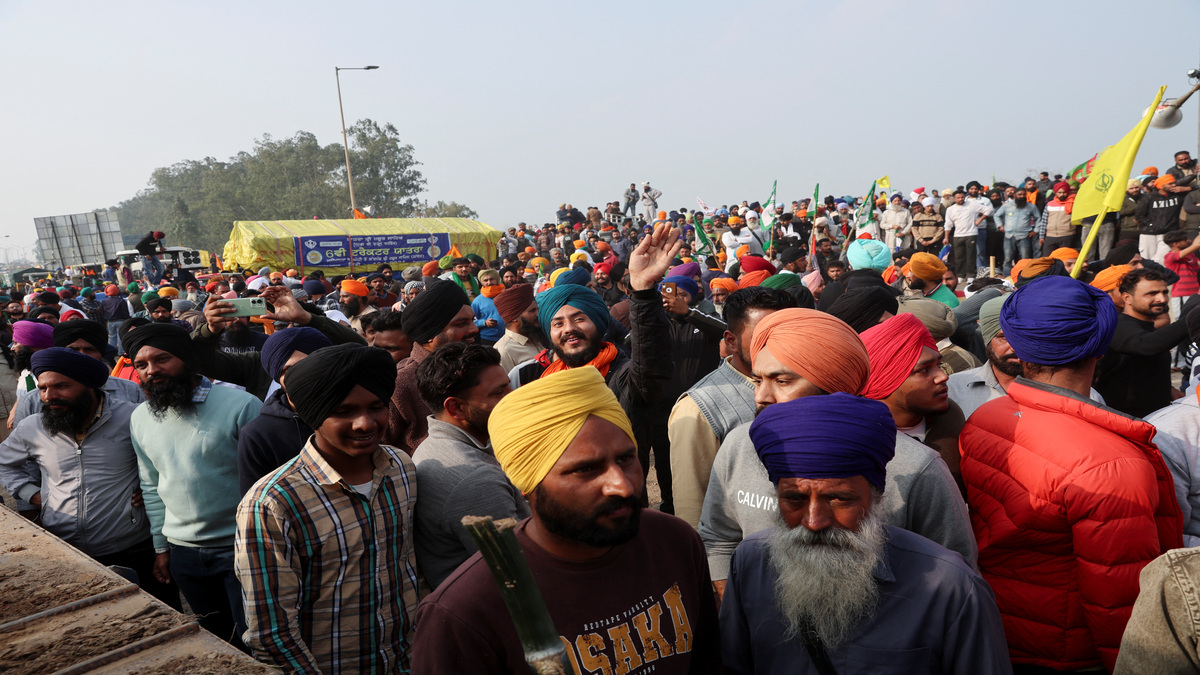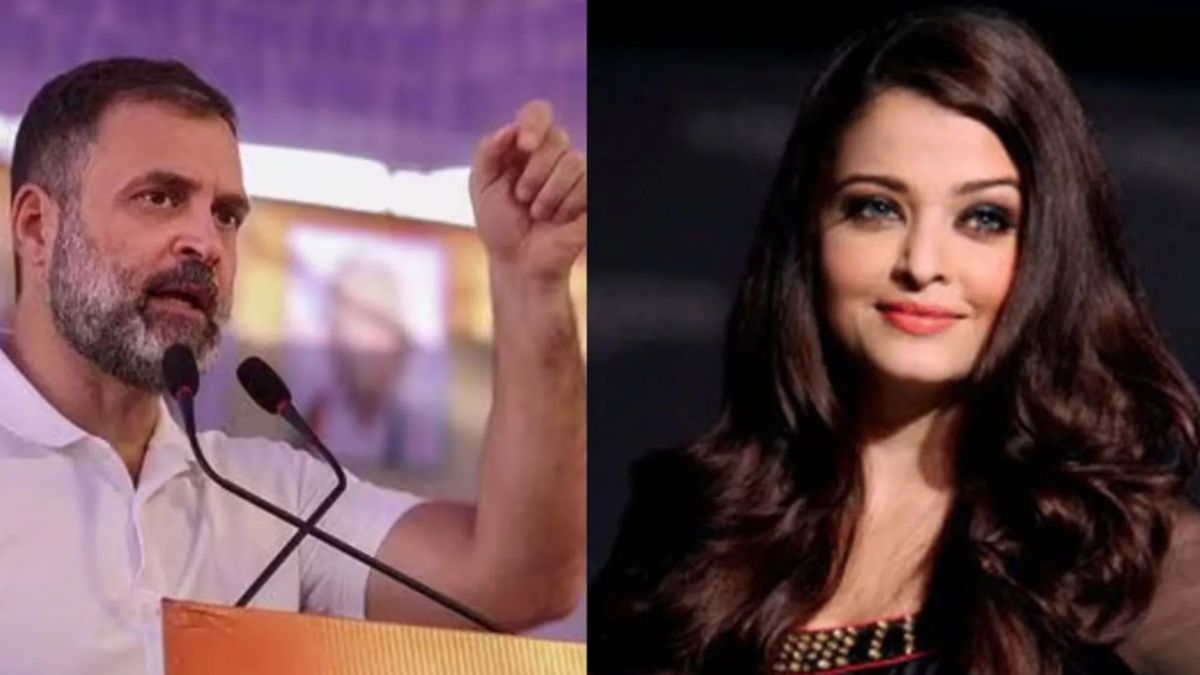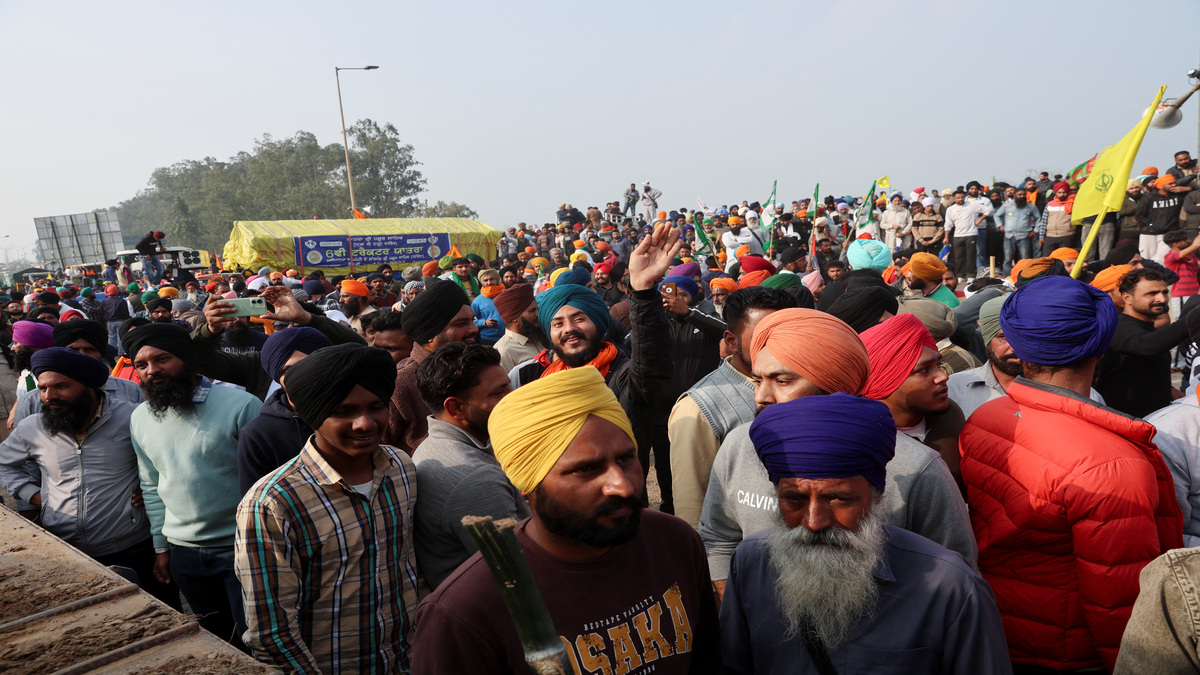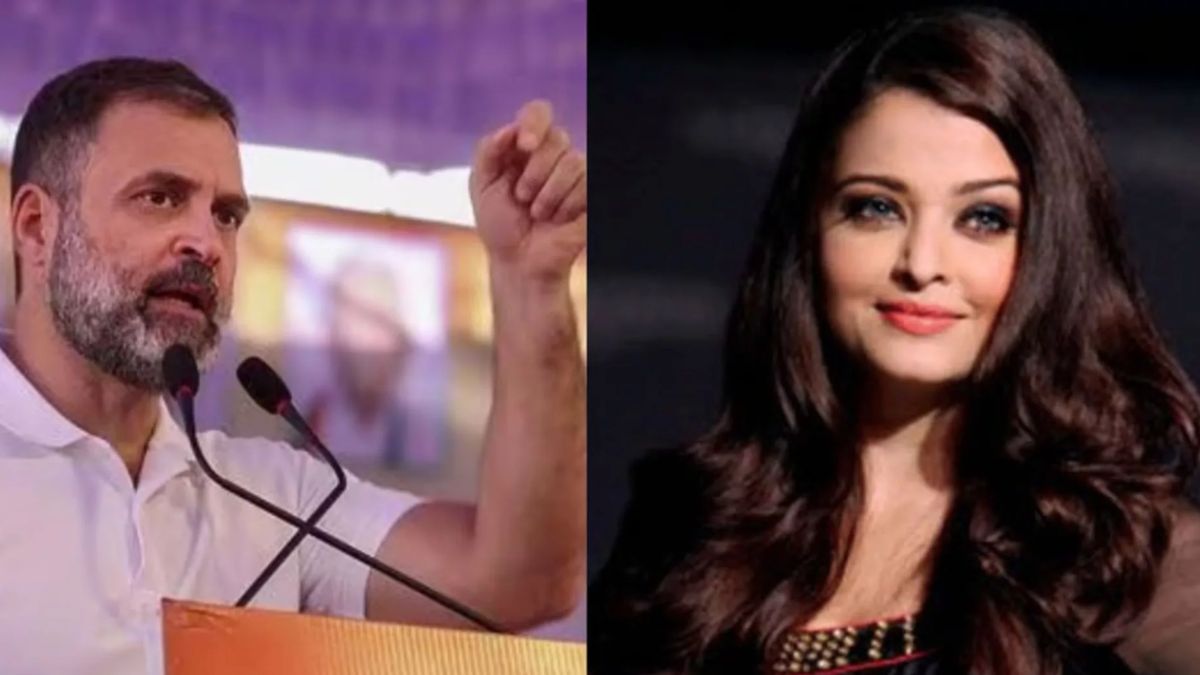New Delhi: The Supreme Court, examining the powers of Governors, today took strong note of a submission that all decisions of the Governor are not open to judicial review and said it cannot be a mute spectator when democratic processes are “slaughtered”.
“If democracy is slaughtered, how can the court remain silent,” a five-judge Constitution bench headed by Justice J S Khehar said when the counsel for a BJP MLA of crisis-hit Arunachal Pradesh referred to the powers of the Governors to drive home of the point that courts cannot “review” all the decisions of the Governor.
The bench, meanwhile, summoned dispatch records, having details of correspondences of Arunachal Pradesh assembly from October to till date, on February 8 as it was not satisfied with documents produced by an official of the assembly.
The bench, also comprising Justices Dipak Misra, M B Lokur, P C Ghose and N V Ramana, wanted to ascertain certain comm
Communications between the office of Assembly Speaker Nabam Rebia and Governor J P Rajkhowa on issues like convening or advancing assembly session and disqualification of rebel Congress MLAs. Senior advocate Rakesh Dwivedi, appearing for some rebel Congress lawmakers, supported the Governor’s decisions saying that summoning the assembly session cannot be termed “undemocratic” and does not frustrate “democratic process”. Rather, locking out the assembly building and shying away from it are undemocratic acts.
“It is not compulsory for the Governor to take aid and advice of the Chief Minister and his council of ministers in summoning the assembly session,” he said, adding that certain constitutional schemes empower the Governor to act on his own in “exceptional” and “special” circumstances. By summoning assembly session, the Governor is “simply setting in motion the democratic process”, the lawyer said and asked how can it be termed illegal by those who lost majority support and shied away from the House. He said that the locking up of the assembly building was not a “simple and democratic” act.
The court would resume hearing tomorrow on a batch of pleas filed by Rebia and other Congress leaders against the Gauhati High Court order in the case. Earlier, the bench had said that Governors are political appointees and their actions are open to judicial review as nowadays even judges are considered for such an assignment.
Yesterday, BJP MLA Tage Taki had questioned the delay on part of the Congress in moving the Gauhati High Court against the Governor’s decision to advance the assembly session. If such a “grave” mistake was committed by the Governor then why did the then ruling party allow the matter to “precipitate” further and move the court at the last minute, senior advocate Vikas Singh, appearing for Taki, had said.
The Nabam Tuki government, which had initial support of 47 MLAs in 60 member house, allegedly lost the confidence motion by 33 votes in the assembly session held in a community hall in the state capital of Itanagar. The bench is also examining the authority of the Governor as to whether he can advance the assembly session without the aid and advice of the Chief Minister and his council of ministers. The court would tomorrow resume hearing on the petitions seeking examination of powers of Governors. Congress party, which has 47 MLAs seats in the 60-member assembly, suffered a jolt when 21 of its lawmakers rebelled.
Eleven BJP MLAs backed the rebels in the bid to upstage the government. Later, 14 rebel Congress MLAs were disqualified. The Governor then called assembly session on December 16 in which Deputy Speaker revoked disqualification of 14 rebel Congress MLAs and removed Rebia from the post of Speaker. This sitting was held in a community hall. The court is also considering fresh pleas against imposition of President’s Rule in the state and would hear them on February 8.
PTI


)




)
)
)
)
)
)
)
)